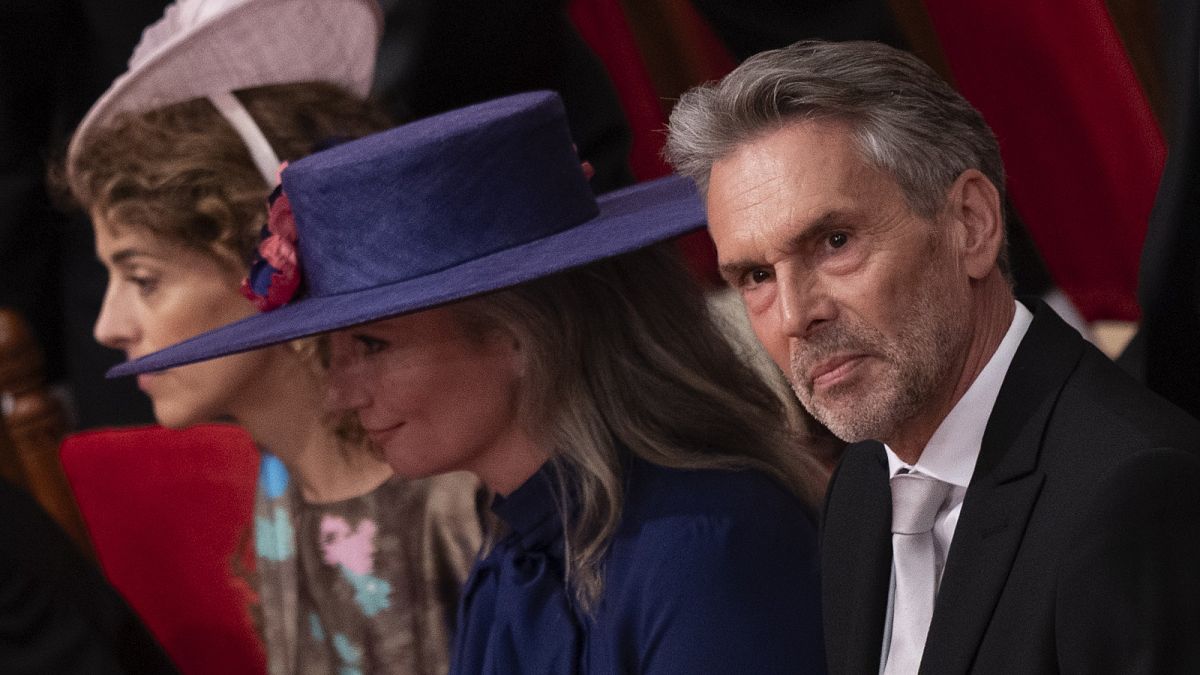The Netherlands’ four-party coalition, led by Prime Minister Dick Schoof, has set forth ambitious plans to establish the “strictest asylum regime ever.” This initiative is spearheaded by Marjolein Faber, the Dutch minister for asylum and migration, who is a member of the far-right, ultra-nationalist party, the Party for Freedom (PVV), headed by Geert Wilders. The government has submitted a request to the European Commission to obtain an opt-out clause from the EU’s migration and asylum system, a move that has been met with skepticism due to its challenging nature.
Faber’s opt-out plan, which was previously hinted at in July and confirmed recently, is seen as symbolic and unrealistic. The request would entail significant revisions to existing legislation and could potentially set a precedent for other countries to seek similar exemptions. While Faber acknowledges that achieving the opt-out clause would necessitate a revision of EU treaties, this process is regarded as unlikely and not currently under consideration. The Dutch government aims to reduce migration significantly in order to meet its constitutional obligations, such as providing public housing, healthcare, and education.
Despite Faber’s proposal, the European Commission has indicated its rejection of the Dutch request, noting that there are no imminent changes to EU rules on asylum and migration that would exempt the Netherlands from compliance. Additionally, other member states are unlikely to support The Hague’s bid for an opt-out, as this could lead to increased migration pressures on neighboring countries and spark a crisis situation. The Netherlands’ challenge to established EU laws comes in the midst of broader concerns about irregular migration and border controls within the Schengen Area, exemplified by Germany’s recent decision to reinstate border checks.
In light of the Commission’s stance and the challenges associated with obtaining an opt-out, the Dutch government has signaled its willingness to focus on implementing the New Pact on Migration and Asylum, a comprehensive reform adopted by the EU in May after years of negotiations. The Pact introduces a system of “mandatory solidarity” that offers member states various options for managing asylum seekers, including relocation, financial contributions, or operational support. The Netherlands has expressed its preference for providing financial assistance, aligning with the Pact’s provisions.
As the implementation of the New Pact on Migration and Asylum progresses, member states are required to develop detailed plans outlining the steps they will take to enforce the new laws. The reform is projected to take two years to come into effect, with countries expected to submit their implementation strategies by the end of the year. Despite the Dutch government’s push for an opt-out clause, it appears that the focus will shift towards embracing the reforms outlined in the New Pact and adhering to EU regulations regarding asylum and migration.










